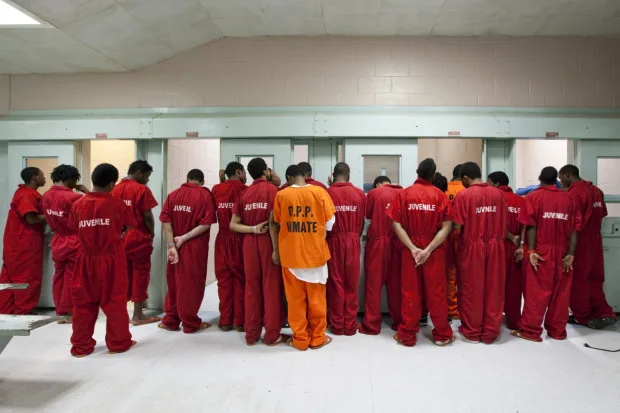Introduction
In recent years, there has been a growing recognition of the importance of providing support and opportunities for individuals who have been incarcerated. Inmate re-entry programs play a crucial role in facilitating successful transitions for former prisoners back into society. Among these programs, minority 501(c)(3) non-profit organizations have emerged as an essential force, offering specialized support to minority communities. In this blog post, we will explore the significance of inmate re-entry programs led by minority 501(c)(3) non-profit organizations and their impact on individuals, families, and society as a whole.
Understanding Inmate Re-Entry Programs
Inmate re-entry programs are designed to assist individuals leaving prison in their transition from incarceration to becoming productive members of society. These programs address various challenges faced by former inmates, including finding employment, accessing healthcare and housing, acquiring essential life skills, and reconnecting with family and community networks.
The Role of Minority 501(c)(3) Non-Profit Organizations
Minority 501(c)(3) non-profit organizations play an instrumental role in addressing the unique re-entry needs of minority populations. By focusing on the specific challenges faced by minority communities, these organizations create targeted programs and services tailored to cultural, social, and economic factors that may influence the successful reintegration of former inmates.
1. Cultural Sensitivity and Community Connections
One of the primary advantages that minority-led 501(c)(3) non-profit organizations bring to inmate re-entry programs is their deep understanding of cultural nuances and connections within their communities. They can provide an environment that feels familiar and supportive, fostering trust and engagement among the individuals they serve. This cultural sensitivity enhances the effectiveness of the program and increases the chances of successful re-entry.
2. Tailored Support Services
Minority-led organizations are uniquely positioned to address the specific barriers that minority individuals face during re-entry. They can offer tailored support services that focus on cultural identity, language barriers, racial disparities, and overcoming systemic prejudices. This targeted assistance helps to build confidence, resilience, and self-sufficiency among formerly incarcerated individuals.
3. Collaborative Community Partnerships
Many minority 501(c)(3) non-profit organizations work collaboratively with community partners, including local businesses, educational institutions, and government agencies. These partnerships provide a wide range of resources, such as job training, education opportunities, health services, and housing assistance. By leveraging these connections, minority organizations can create comprehensive re-entry programs that empower individuals to reintegrate successfully into society while also addressing systemic issues that contribute to the cycle of incarceration.
The Impact of Inmate Re-Entry Programs by Minority 501(c)(3) Non-Profit Organizations
The impact of inmate re-entry programs led by minority 501(c)(3) non-profit organizations goes beyond individual success stories. These programs contribute to building stronger communities by reducing recidivism rates, fostering economic stability, and promoting social justice. Former inmates who participate in these programs are more likely to rebuild their lives, find stable employment, support their families, and contribute positively to society. Moreover, by addressing the root causes of incarceration within minority communities, these organizations help break the cycle of generational involvement with the criminal justice system.
Conclusion
Inmate re-entry programs led by minority 501(c)(3) non-profit organizations play a vital role in facilitating successful transitions for individuals re-entering society after incarceration. By offering tailored support services, cultural sensitivity, and collaborative community partnerships, these organizations empower former inmates to overcome the unique challenges they face. The positive impact of their work resonates not only on an individual level but also on a societal scale, creating pathways to success, opportunity, and social justice for minority communities. It is crucial to recognize and support these organizations as they continue to strive for a more inclusive and rehabilitative approach to re-entry.

